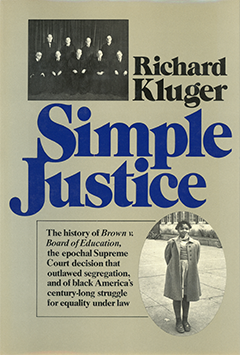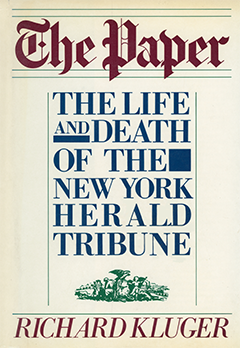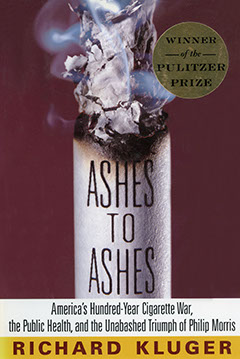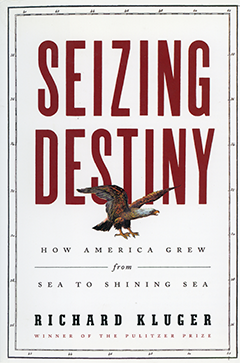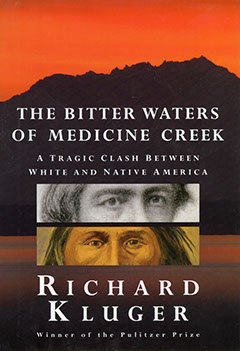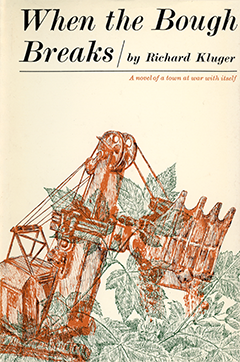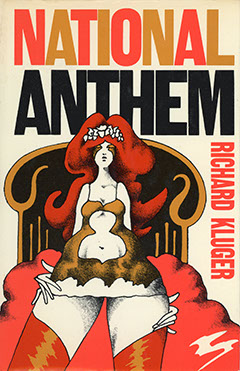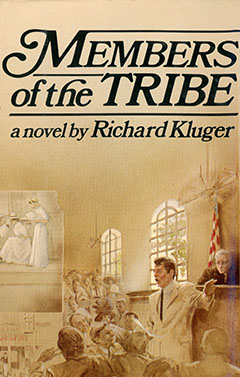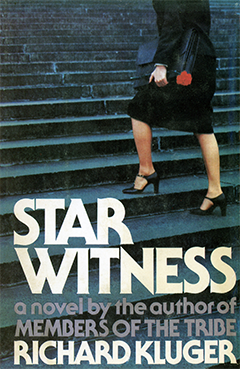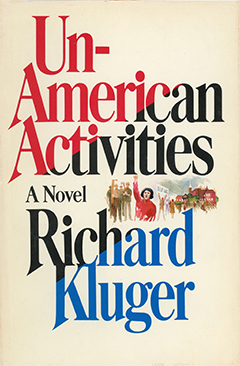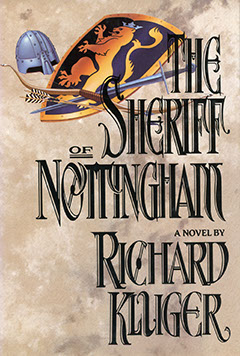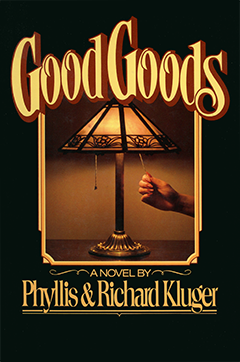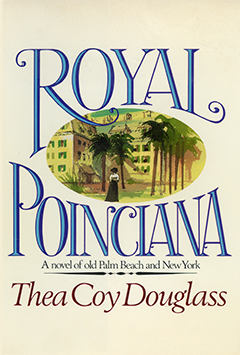NON-FICTION
 ichard Kluger is an American author who, after working as a New York journalist and publishing executive, turned in mid-career to writing highly regarded books on U.S. social history. His two best known works are Simple Justice, generally regarded as the definitive account of the U.S. Supreme Court’s 1954 landmark decision outlawing racially segregated public schools, and Ashes to Ashes, a critical history of the cigarette industry and its lethal toll on the public’s health, which won the Pulitzer Prize for general nonfiction in 1997. His latest work, a historical novel set in German-occupied Denmark during World War 2 and seen through the eyes of an American teenager marooned there with his Danish relatives, will be published by Scarlet Tanager Books on August 15, 2023 (please scroll down to the slideshow of NOVELS jackets and click on Hamlet’s Children book cover and use links to the About the Book page for details and the Reviews page for prepublication comments).
ichard Kluger is an American author who, after working as a New York journalist and publishing executive, turned in mid-career to writing highly regarded books on U.S. social history. His two best known works are Simple Justice, generally regarded as the definitive account of the U.S. Supreme Court’s 1954 landmark decision outlawing racially segregated public schools, and Ashes to Ashes, a critical history of the cigarette industry and its lethal toll on the public’s health, which won the Pulitzer Prize for general nonfiction in 1997. His latest work, a historical novel set in German-occupied Denmark during World War 2 and seen through the eyes of an American teenager marooned there with his Danish relatives, will be published by Scarlet Tanager Books on August 15, 2023 (please scroll down to the slideshow of NOVELS jackets and click on Hamlet’s Children book cover and use links to the About the Book page for details and the Reviews page for prepublication comments).
Born in Paterson, N.J., in September 1934, Kluger is the son of David (a New York businessman) and Ida Kluger and grew up in Manhattan, living with his mother and older brother Alan after his parents divorced when he was seven years old. He graduated from the Horace Mann School and Princeton University, where he won honors as an English literature major, but his principal interest was the undergraduate newspaper, The Daily Princetonian, of which he served as the chairman in 1955-56.
He withdrew from the Columbia Graduate School of Journalism, where he had been campus correspondent for The New York Times, to join The Wall Street Journal as a copy editor and in 1957 married the former Phyllis Schlain of South Orange, N.J. After launching and operating a weekly newspaper in Rockland County, N.Y., for two years before selling it, he worked as a reporter for the New York Post and Forbes magazine and then became the literary editor of the New York Herald Tribune and its Book Week review section. When the Tribune went out of business in 1966, Kluger entered the book industry, serving as executive editor of Simon and Schuster, editor-in-chief of Atheneum, and publisher of Charterhouse Books, his own imprint in conjunction with David McKay Co.
NOVELS
As a moonlighting author, Kluger published two novels, When the Bough Breaks and National Anthem, satirizing American social mores, to friendly reviews. Moved by the social upheavals sweeping across the U.S. in the 1960s, Kluger left book publishing and devoted six years, starting in 1968, to researching and writing Simple Justice (1976), an 800-page history of the Supreme Court’s most famous 20th century decision, Brown v. Board of Education, the catalyst of the 1960s civil rights movement. The book chronicles the struggles of the case’s victimized plaintiffs, their conflicted communities, and embattled black lawyers, then portrays the behind-the-scenes interaction among the nine justices before arriving at their unanimous verdict. The massive work was hailed by The Nation magazine as “a monumental accomplishment,” by The New York Times as “enthralling…. It is not the unusual dramatic derail that matters so much as its comprehensiveness – the breadth and sweep of the narrative,” and by the Harvard Law Review as “an extraordinary research effort and a major contribution to our understanding of the Supreme Court” A finalist for the National Book Award in history, Simple Justice was placed by the New York Law Journal’s literary critic at the top of his list in an article titled “The Ten Best Law Books.” (Daniel J. Kornstein, Mar. 15, 1993).
Kluger’s second nonfiction work, The Paper: The Life and Death of the New York Herald Tribune (1986), was also a National Book Award finalist. The Boston Globe called it “probably the best book ever written about an American newspaper,” and the Columbia Journalism Review praised it as “a brilliant achievement in its thoroughness and warmth”
Blending the financial, medical, legal, and political aspects of his next hstorical subject, the tobacco industry and the smoking and health controversy, Kluger conducted hundreds of interviews including probing exchanges with corporate officers to produce Ashes to Ashes (1996). A Pulitzer Prize winner for general nonfiction, it was described by New York Times Book Review as “a great battleship of a book – majestic…guided with discerning literary skill and armed with an abundance of revealing information.” The Washington Post said it was “an awesome feat of reporting as history.” Kluger went on to write three other, generally well received works of history, dealing with the relentless expansion of America’s national boundaries, a tragic mid-19th century clash between white settlers and tribal natives in territorial Washington, and the 1735 trial of John Peter Zenger and the origins of press freedom in the New World.
Of his six novels, the most widely read were Members of the Tribe, a featured alternate selection of the Book-of-the-Month Club, and The Sheriff of Nottingham, both anchored in historical events. He also co-authored two novels with his wife Phyllis, a fiber artist and herself the author of two books on needlework design, who often assisted him on the research for his historical works. The Klugers have two sons and six grandsons and have lived near San Francisco since 2003.
 For additional information, click on the Biography link
For additional information, click on the Biography link
©2017 Richard Kluger
